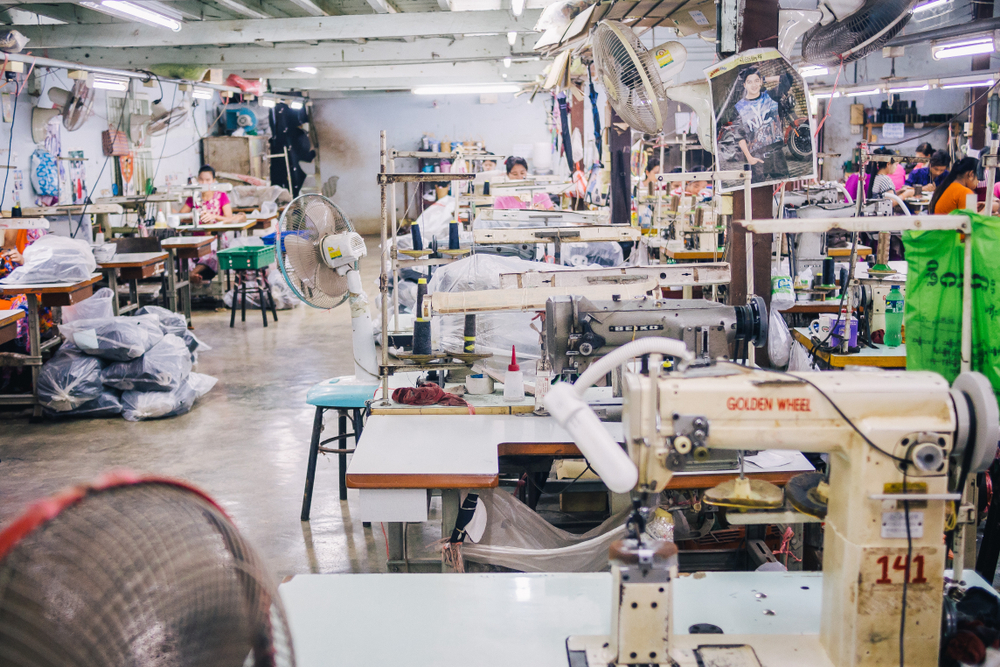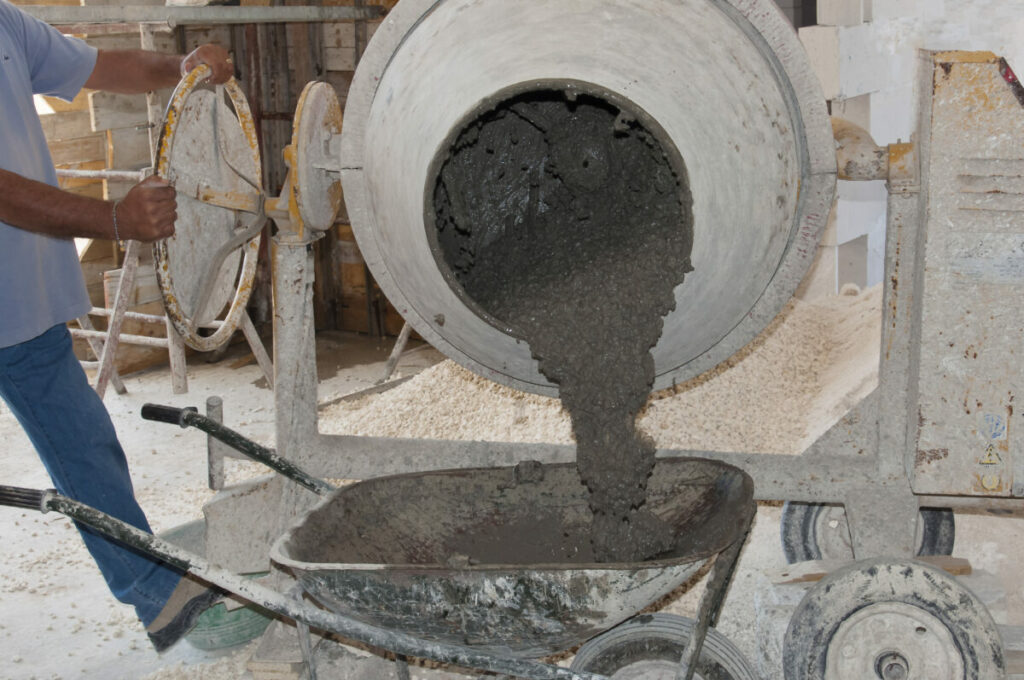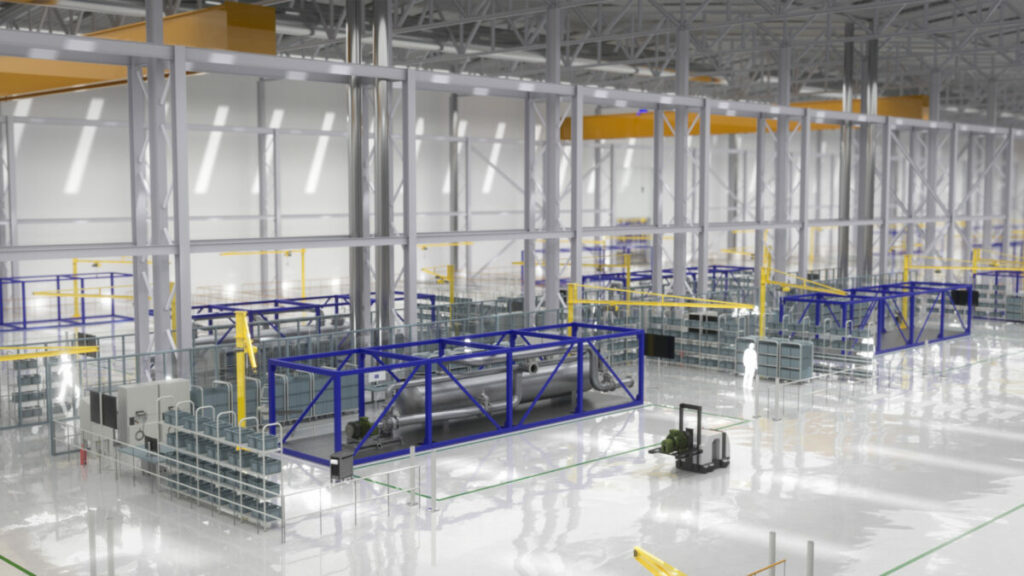Data from the Business & Human Rights Resource Centre (BHRRC) has identified 401 allegations of labour and human rights violations at Myanmar factories, including those that supply brands such as H&M and Zara-owner Inditex, since the military seized power in the country in February 2021.
The pair are among many brands that have decided to exit production in Myanmar in the wake of worker abuse allegations.
H&M also said that it would “phase out” operations in Myanmar.
The workers affected by the allegations in the BHRRC data are employed at 209 factories producing, or formerly producing for at least 122 global fashion brands, including Primark and Bestseller.
Subscribe to Sustainability Beat for free
Sign up here to get the latest sustainability news sent straight to your inbox everyday
BHRRC head of labour rights Natalie Swan said fashion brands have failed to protect garment workers in their supply chains.
“Most fashion brands buying from factories in the country continue to show a concerning lack of action in ensuring protection for workers who make their clothes,” she said.
“They need to do far more to guarantee the clothes they sell across the globe are not the result of exploitation.
“In the current circumstances, where heightened human rights due diligence is not possible, brands must undertake a responsible exit from the country.
“Brands and investors who ignore this course of action – while continuing to benefit from low production costs in Myanmar – risk capitalising on an operating environment made possible by a regime known for its brutal rights violations and repression.”















